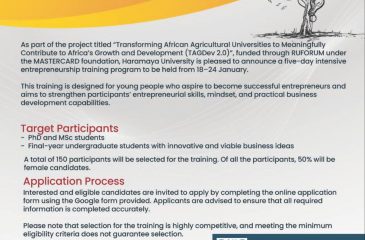Lake Haramaya Restored: A Beacon of Hope for Ethiopia’s Ecological Future
In a landmark achievement for environmental restoration, Haramaya University has successfully revived Lake Haramaya, an iconic freshwater body that had vanished for over 16 years due to ecological degradation.
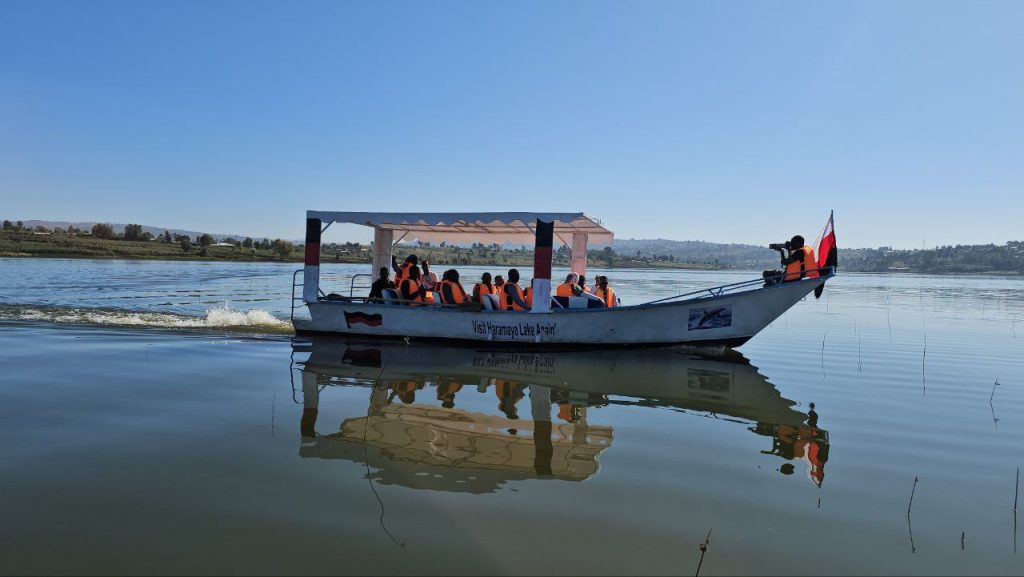
The restoration marks a pivotal moment in Ethiopia’s ongoing efforts to combat climate change and biodiversity loss under the national Green Legacy Initiative.
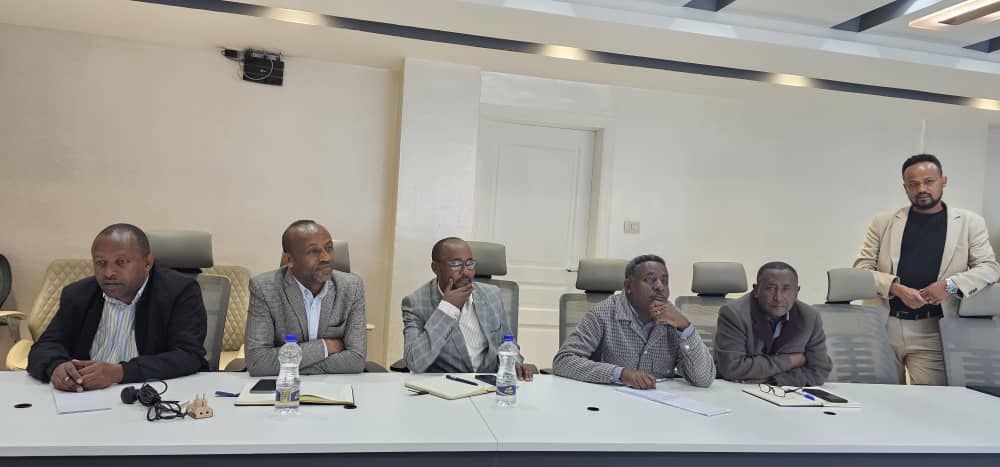
The university’s multi-year rehabilitation project, carried out in close collaboration with local communities and institutions, has rejuvenated the lake’s ecosystem, restored biodiversity, and transformed the region’s microclimate. The initiative has also created sustainable livelihoods for hundreds of youth engaged in fisheries and related value chains, significantly improving local nutrition and economic resilience.
Lake Haramaya’s revival is emblematic of Ethiopia’s broader commitment to ecological restoration, as championed by Prime Minister Abiy Ahmed through the Green Legacy Initiative. This national directive promotes reforestation, agroforestry, and landscape rehabilitation to mitigate climate impacts and restore degraded environments.
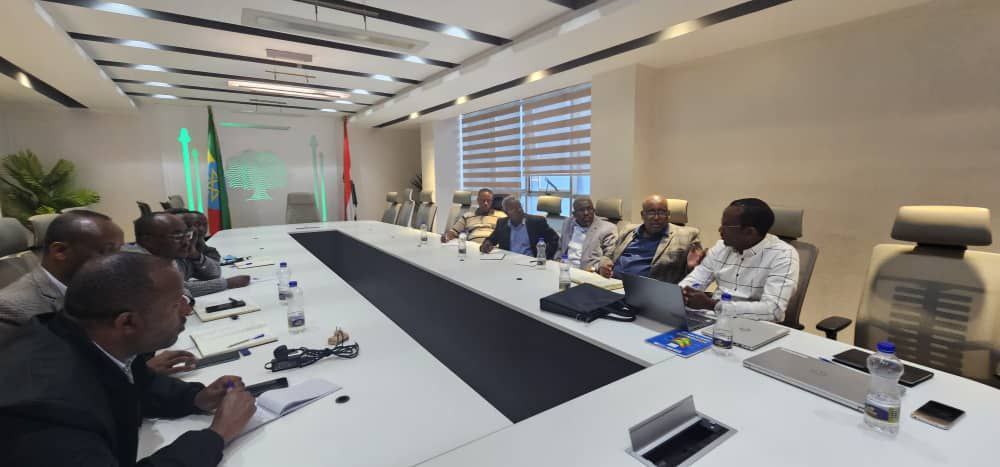
Haramaya University’s approach combined in-lake and watershed restoration techniques, integrating scientific research with community-based conservation. The result is a thriving aquatic ecosystem now offering vital services such as fisheries, trans-lake transportation, and climate regulation.
Recognizing the importance of inclusive collaboration, Haramaya University has prioritized multi-stakeholder engagement throughout the restoration process. On August 29, 2025, a delegation of senior researchers from the university met with program coordinators from the Oromia Bureau of Agriculture (OBA) to strengthen institutional partnerships and align future restoration efforts.
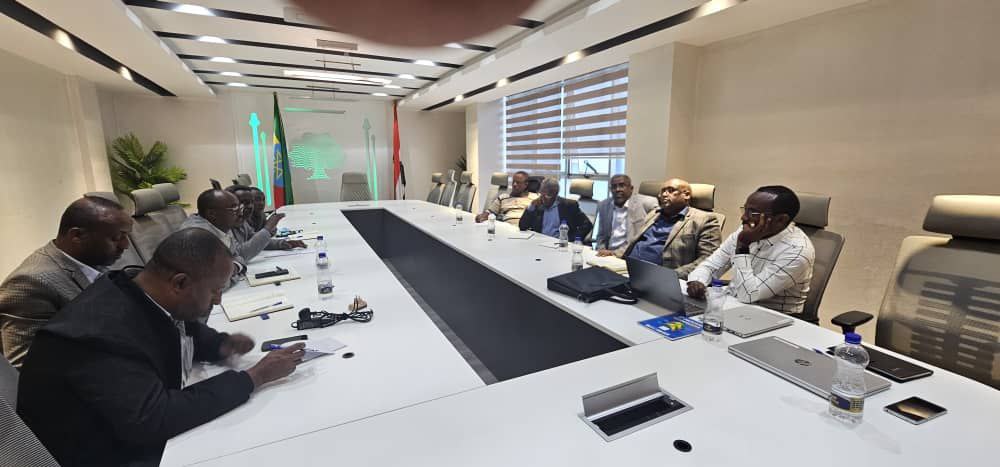
The meeting, hosted by Mr. Elias Kedir, Deputy Head of OBA and Natural Resource and Safety Net Program Manager, underscored the bureau’s full support for the university’s ecological mission. Discussions focused on technical strategies, shared responsibilities, and the socio-economic importance of sustaining Lake Haramaya’s ecosystem.
OBA officials commended the university’s relentless efforts and acknowledged the national optimism sparked by the lake’s revival. They pledged continued collaboration to address remaining challenges and ensure long-term sustainability.
The dialogue also highlighted the need for holistic and inclusive approaches to ecosystem restoration, balancing environmental protection with the socio-economic needs of surrounding communities. Participants emphasized the importance of inter-sectoral coordination, knowledge exchange, and policy integration to safeguard vulnerable resources like Lake Haramaya.
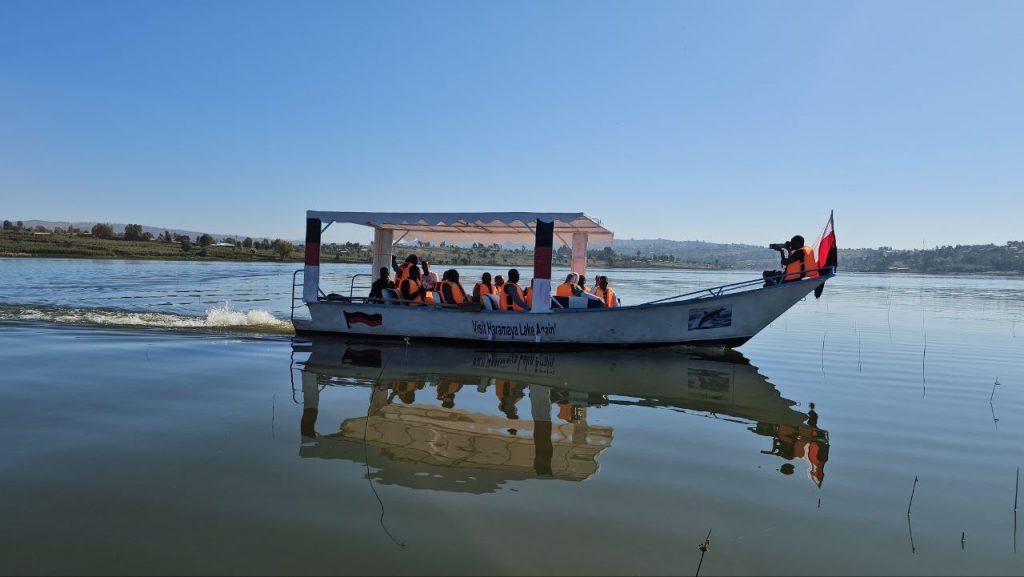
The university’s restoration efforts are now being woven into broader development plans, including those of regional institutions and city administrations, to ensure enduring ecological impact.
To build on this momentum, Haramaya University is preparing to host a national workshop at the start of Ethiopia’s new year. The event will convene stakeholders from across the country to reflect on achievements, share insights, and chart a path forward for ecosystem restoration and climate resilience.
Lake Haramaya’s return is more than an environmental milestone, it is a testament to what can be achieved through visionary leadership, scientific rigor, and community-driven action.
Haramaya University Public & International Relations Directorate
Tags: African Lakes, Biodiversity, Climate Resilience, Ecological Restoration, Environmental Conservation, Ethiopia, Green Initiatives, Lake Haramaya, Sustainable Development, Water Resources

